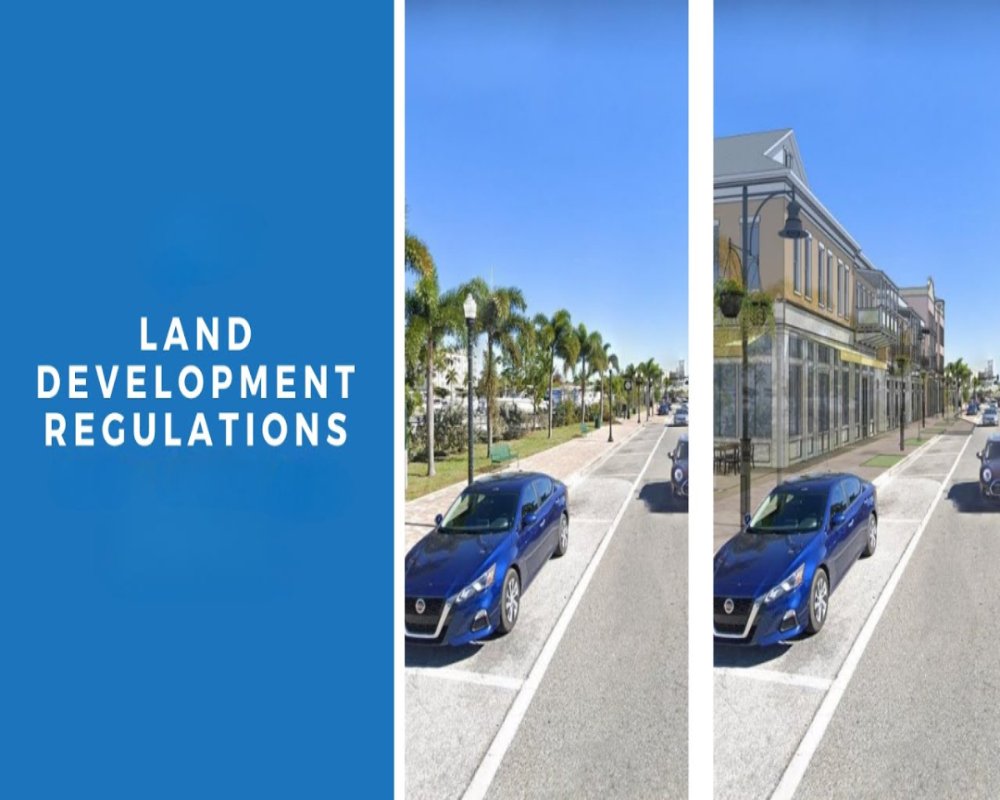Local Government Planning and Building Departments
At the municipal or county level, land development is primarily regulated by the planning department, zoning board, and building department. These agencies manage land use approvals, permits, and code compliance throughout the development process.
- Planning and zoning departments oversee land use, entitlements, site plan approvals, and public hearings
- Building departments enforce construction standards through code reviews, permits, and inspections
- Public works departments regulate access, grading, drainage, and public infrastructure connections
State Environmental and Infrastructure Agencies
State-level regulatory bodies oversee environmental protection, utility infrastructure, and transportation impacts related to development. These agencies issue permits and enforce compliance with broader regulatory frameworks.
- Department of Environmental Quality (DEQ) or equivalent: manages air, water, and soil-related permits
- State transportation departments (DOT): regulate driveway access, traffic impacts, and work in state rights-of-way
- Utility commissions or water boards: oversee utility expansions, water rights, and sewer capacity
Federal Oversight for Environmental and Protected Resources
Federal agencies become involved when land development impacts wetlands, endangered species, navigable waters, or hazardous materials. These agencies enforce national laws such as the Clean Water Act and Endangered Species Act.
- U.S. Army Corps of Engineers: Section 404 permits for wetlands or waterways
- U.S. Environmental Protection Agency (EPA): oversight of stormwater, emissions, and hazardous waste
- U.S. Fish and Wildlife Service: protects habitats of threatened or endangered species


